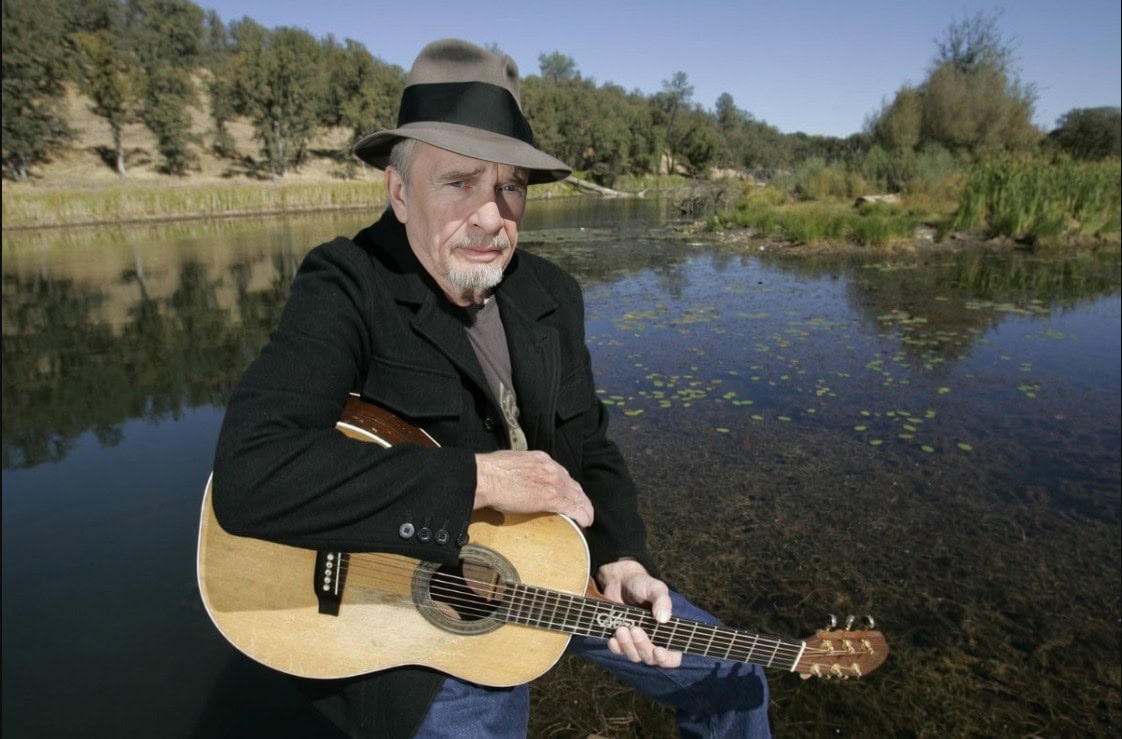
Merle Haggard, a towering figure in country music, was more than just a singer; he was a storyteller, a poet of the working class, and a voice for the downtrodden. Born in 1937 in Oildale, California, Haggard’s own life experiences, including a stint in San Quentin State Prison, deeply informed his music. He rose to prominence in the 1960s and 70s, spearheading the “Bakersfield Sound,” a gritty, raw alternative to the polished Nashville sound. His discography is littered with iconic hits like “Okie from Muskogee,” “Mama Tried,” and “The Fightin’ Side of Me,” earning him numerous Grammy Awards, Country Music Association Awards, and induction into the Country Music Hall of Fame. He consistently topped the Billboard Country charts throughout his career, cementing his legendary status.
In 1968, Merle Haggard was at the top of the Billboard charts with his single “Mama Tried.” He would follow the success of “Mama Tried” with another single that would reach number one on the country charts, and that single was “Today I Started Loving You Again.”
Among his vast and influential catalog sits “Today I Started Loving You Again,” a song released in 1968 that encapsulates the bittersweet agony of rekindled love. Written by Merle Haggard and Bonnie Owens, the song explores the complex emotions of a relationship where love, seemingly lost or forgotten, suddenly resurfaces with unexpected force. The lyrics paint a vivid picture of regret and rediscovery, capturing the poignant moment when a person realizes the depth of their feelings, often when it’s perhaps too late.
“Today I Started Loving You Again” resonated deeply with audiences, becoming one of Haggard’s most enduring and beloved songs. Its honest and vulnerable portrayal of love’s unpredictable nature struck a chord with listeners, who found solace and understanding in Haggard’s heartfelt delivery. Fans often praise the song’s simplicity and emotional authenticity, acknowledging its ability to evoke powerful feelings of longing, regret, and the bittersweet beauty of rediscovered love. It remains a staple on country radio and continues to be covered by artists across various genres, a testament to its timeless appeal.